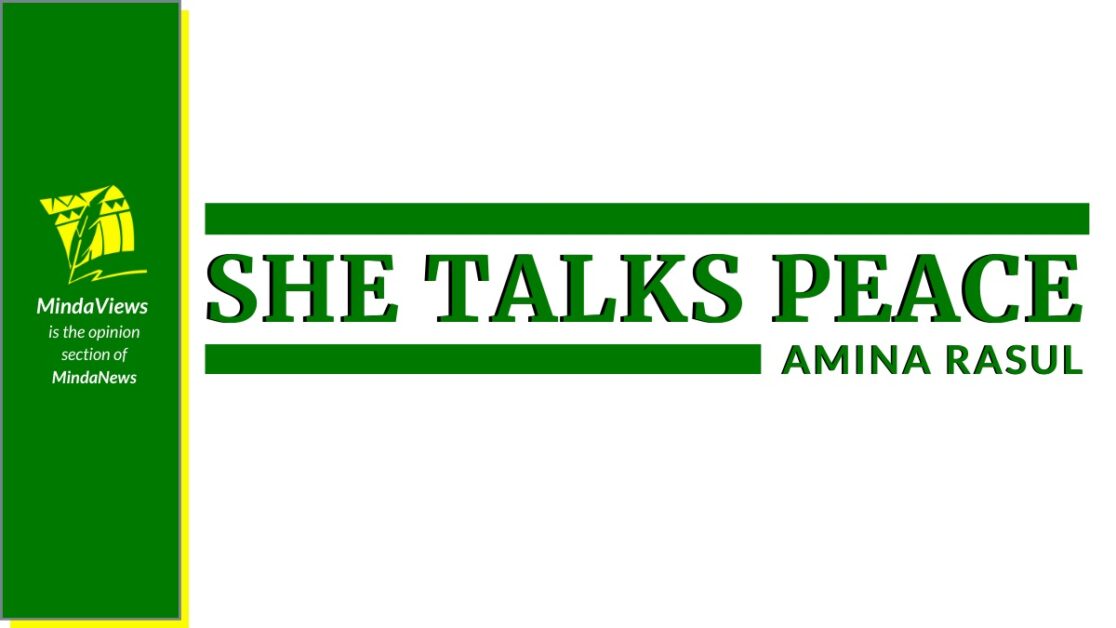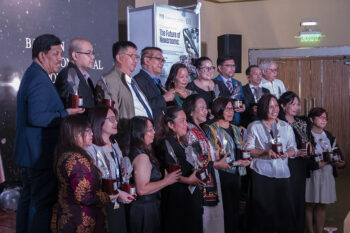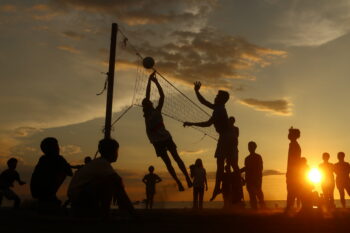
QUEZON CITY (MindaNews / 30 January) — What is a “whistleblower”? The Merriam-Webster dictionary defines it as “one who reveals something covert or who informs against another especially: an employee who brings wrongdoing by an employer or by other employees to the attention of a government or law enforcement agency.”
Whistleblowers have been the subject of many movies, like Karen Silkwood (a chemical technician at a Kerr-Mcgee nuclear plant who speaks out about the unsafe work conditions in her workplace); Erin Brokowich (who built a legal case against a major California utility contaminating communities with chromium and endangering the health of more than 600 families); Edward Snowden (who revealed classified government surveillance programs used to spy on millions of Americans though their own emails, phone calls and webcams). And who can forget the “Me Too” movement that has led to conviction of power movie producer Harvey Weinstein?
In the Philippines, we have our own whistleblowers: Krizle Grace Mago, who revealed that Pharmally Pharmaceuticals Corp. sold to government damaged face shields with tampered dates of production. She seems to have disappeared. There is Thorrsson Montes Keith, who resigned from the Philippine Health Insurance Corp. (PhilHealth), testifying in a Senate investigation about P15 billion in PhilHealth funds “stolen” by a “syndicate” within the firm. Remember Jun Lozada and the $329 million national broadband network contract with Chinese company ZTE Corp.?
There have been many more. Whatever happened to them and their revelations? Have these revelations changed the way we do “business” (official or monkey)?
Interestingly, we do not have as much focus on sexual harassment issues here in the Philippines and ASEAN. Perhaps the shame – the stigma – is too much to bear. In China, tennis star Peng Shuai caused a storm with her post on Chinese social media site Weibo, accusing former Vice Premier Zhang Gaoli of forcing her to have sexual relations with him.
This kind of revelation has never happened in China – and probably will never happen again. Peng Shuai’s post has disappeared from the internet and she has supposedly withdrawn her accusation and has been hard to reach. Her colleagues in the tennis world, however, refuse to drop the issue.
Today’s guest on She Talks Peace is a Malaysian activist-lawyer, Animah Kosai, who helps leaders and organizations co-create safe, inclusive and vibrant work environments through a strong Speak Up Culture. After practicing law for nine years in Malaysia and corporate counsel for 14 years covering Malaysia, Singapore, Thailand, Brunei, Vietnam, Myanmar and India, she gave that up to focus on workplace harassment, corporate wrongdoing, toxic work cultures, diversity and inclusion.
She set up The Speak Up Collective, a global online community of people speaking up at work and leaders who listen. The members discuss issues like workplace bullying, sexual harassment, inclusion pertaining to race, gender, neurodiversity, disabilities and crucial Speak Up skills like learning to listen and creating psychological safety.
What have whistleblowing and speaking up on issues of harassment or corruption got to do with peacebuilding?
Animah looks at the workplace of an organization, whether it has 100 or 100,000 employees, as a microcosm of society. Whatever our attitudes, values, beliefs and opinions are, we bring that into our workplace. Earlier, she had cited an example of wearing the hijab. She said that if a Malaysian believes a woman must cover her hair, then that person might expect that to be happening at work, and get disturbed by women who don’t. We might end up pressuring her to wear the hijab, or make victim blaming remarks if she is sexually harassed. If we live in France, or Quebec, Canada, we might believe that the hijab is a religious symbol and feel threatened by Islam or Muslims who are “taking over our country” and pressure or harass women who wear the hijab.
Animah pointed out that these are two opposing views, yet in both cases, the women are harassed – whether it’s sexually, racially or gender based harassment. So what does the organization do? Globally, and especially in the West we are all shouting DEI – Diversity, Equity and Inclusion – yet workplaces are faced with societal attitudes. What do they do?
Animah, through her organization, assists organizations and corporations to deal with harassment. She does believe that corporations can and are making big change to real lives. We may often see the negative side but many corporations have been doing good, changing their corporate culture.
A major change she would like to see – more women in leadership and decision making roles in corporations. She had emailed us – where are the women?
Do organizations and institutions reflect the diversity of society, reflecting the various races, ethnicity, faith, nationality, gender make up of the communities served. She noted that In the UK, only 22% of the population are white, male, straight, able-bodied and neurotypical men. In the USA, it’s even less at 19. “Yet, who do you see in power and holding the majority of leadership positions – on boards and management in most organizations?”
Animah asked: “The question for women who are peacebuilding, wherever they are – what is the power framework and how do you, as an Asian woman living in South East Asia, get your voices heard within your respective organizations?” Given that the rules and the culture are determined by a male-dominated society.
She added, “For as long as representation in our workplaces fail to reflect representation in society, it’s very hard to force change. “
Do listen to “She Talks Peace” as Animah expounds on the interesting points she had raised.
Please Click, Play and Listen on Spotify:
Apple Podcasts:
(MindaViews is the opinion section of MindaNews. Amina Rasul is the President of the Philippine Center for Islam and Democracy, an advocate for Mindanao and the Bangsamoro, peace, human rights and democracy)







